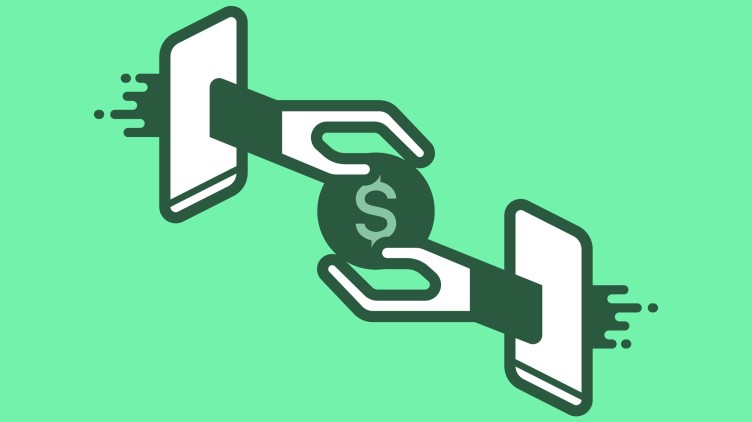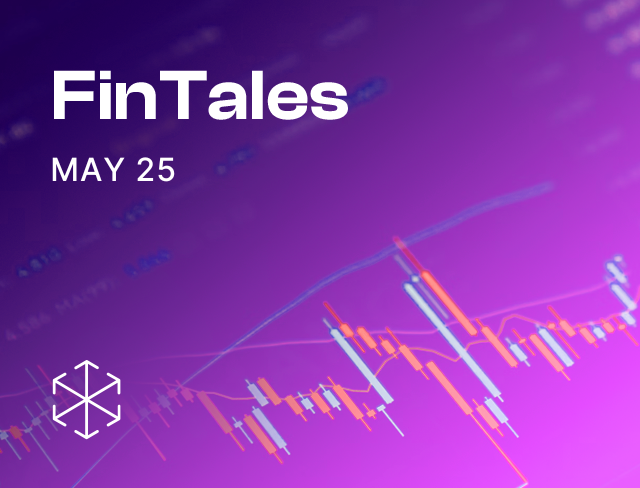“I need ammunition, not a ride.”– Ukrainian president, Volodymyr Zelensky
Ammunition, turns out, comes in many shapes and sizes. There’s missiles, tanks, Molotov cocktails and threats from Ukrainian grandmothers. And then there’s payments infrastructure. Governments and corporates across the world are fighting back against Russia’s (or Putin’s) war by cutting off their access to money. Access to payment infrastructure has become the weapon of choice to deter Russia’s invasion of Ukraine.
Visa, Mastercard and other payment companies suspended their services in Russia. And several Russian banks were disconnected from SWIFT – the network underpinning global cross-border payments. SWIFT functions like a secure messaging system for financial transactions. Without it, moving funds in and out of Russia is complex and costly. It can still be done, but it’s a whole lot harder. Russian banks could rely on alternatives, like Russia’s own ‘System for Transfer of Financial Messages’ (SPFS). Or China’s Cross-Border Interbank Payment System (CIPS). Or they could go back to using telephones and fax. At this point, however, the geopolitical west is asking Putin to go ‘fax’ himself… I couldn’t resist.
Coming back.
Access to capital is woven into the fabric of war. And in this war, both Russia and Ukraine are leaning on cryptocurrency as capital. The former to bypass sanctions. And the latter to solicit donations.
It is speculated that Russia may use cryptocurrencies to blunt the impact of economic sanctions. But this is unlikely to work for Russia. Many cryptocurrencies store transactions on publicly accessible blockchains. And the traceability of illicit transactions does not give cover to large-scale sanction evasion. Of course, cryptocurrencies are not (yet) widely accepted. Not nearly enough to serve as a meaningful alternative to global payment networks.
For the Ukrainian government, cryptocurrencies are a new way to finance their resistance. Ukraine’s government has reportedly raised nearly $100 million in crypto donations, which it has used to purchase, among other things, ‘ammunition’.
In one way or another, both countries are leaning on cryptocurrency. Which is why Putin’s invasion of Ukraine could be the ‘world’s first crypto war’.
(This post has been authored by the fintech team at Ikigai Law. It was originally published in the March 2022 edition of our monthly fintech newsletter, FinTales.)










